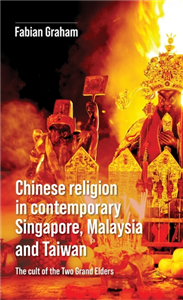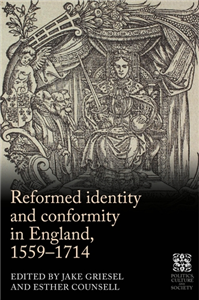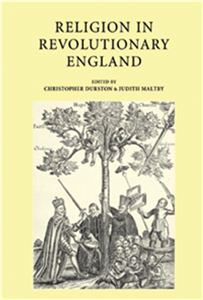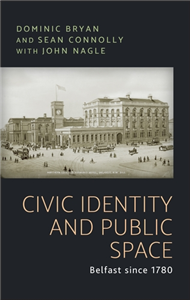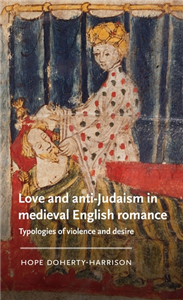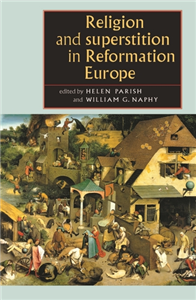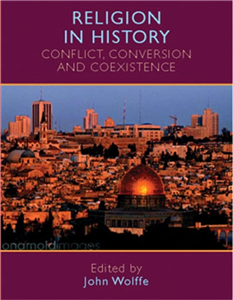Humanities & Social Sciences
November 2004
Conflict, conversion and coexistence
This is an integrated collection of essays by leading scholars that looks at issues of conflict, conversion and coexistence in the religious context since the third century. The range of topics explored include paganism and Christianity in the later Roman world, the Crusades, the impact of the Reformation in Britain and Ireland, subsequent Protestant-Catholic conflict, the Hindu Renaissance in nineteenth-century India, the Palestinian-Israeli conflict, Britain in the 1960s, women and the ministry, and Christianity, Judaism and the Holocaust. The book concludes by offering an historical perspective on religion, conflict and coexistence in the world today.
Published in association with The Open University, this is a student-friendly and accessible volume on popular subjects within religious history, and it will be of value to students on a range of courses, as well as to a wider readership interested in the historical background to the role of religion in the contemporary world. ;




